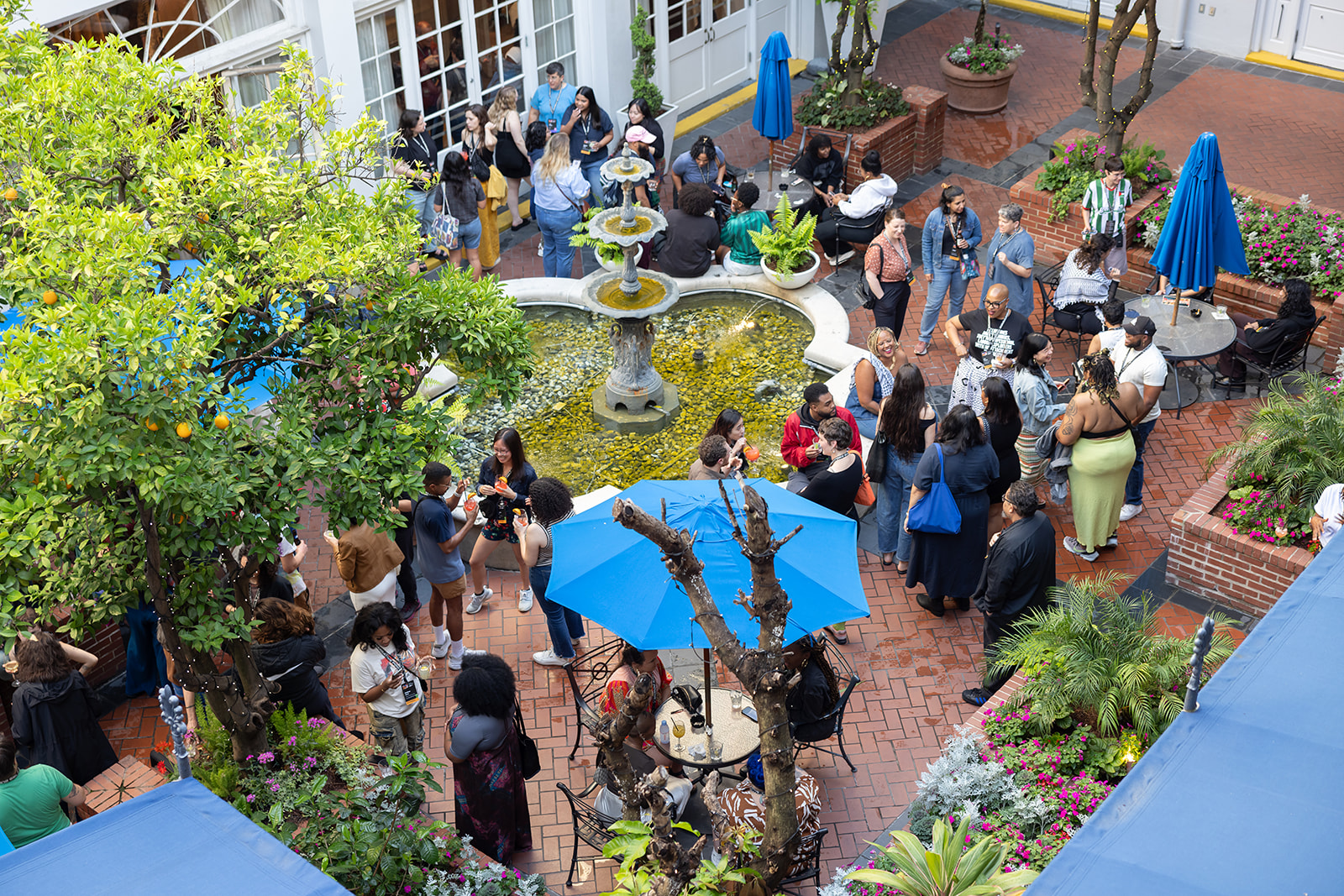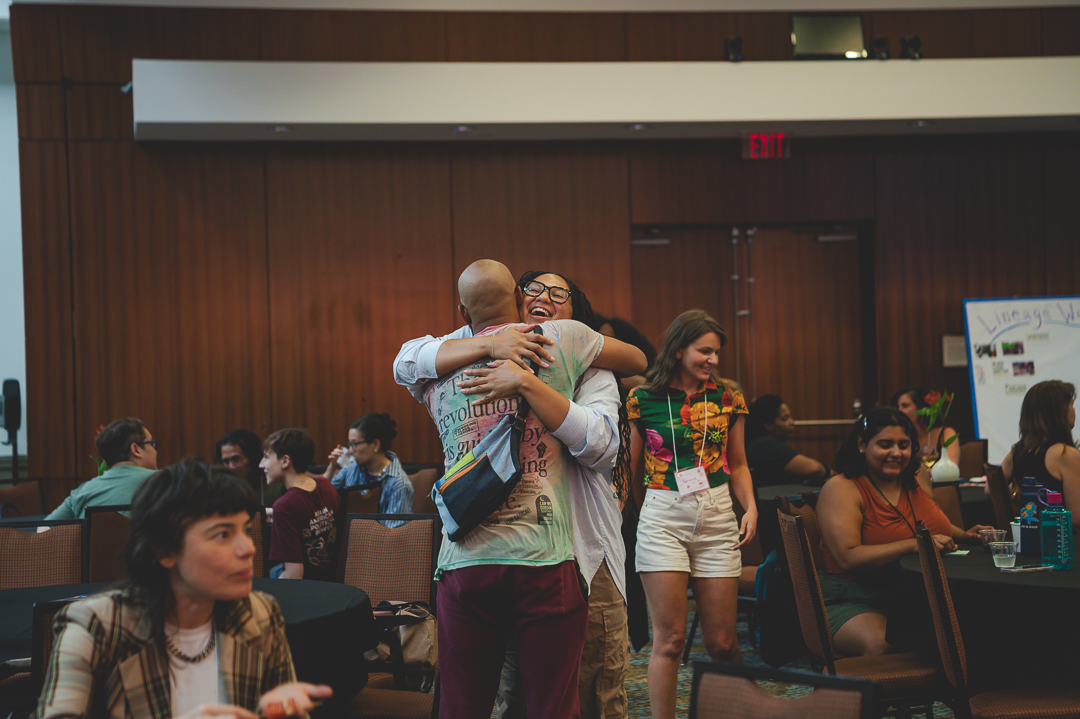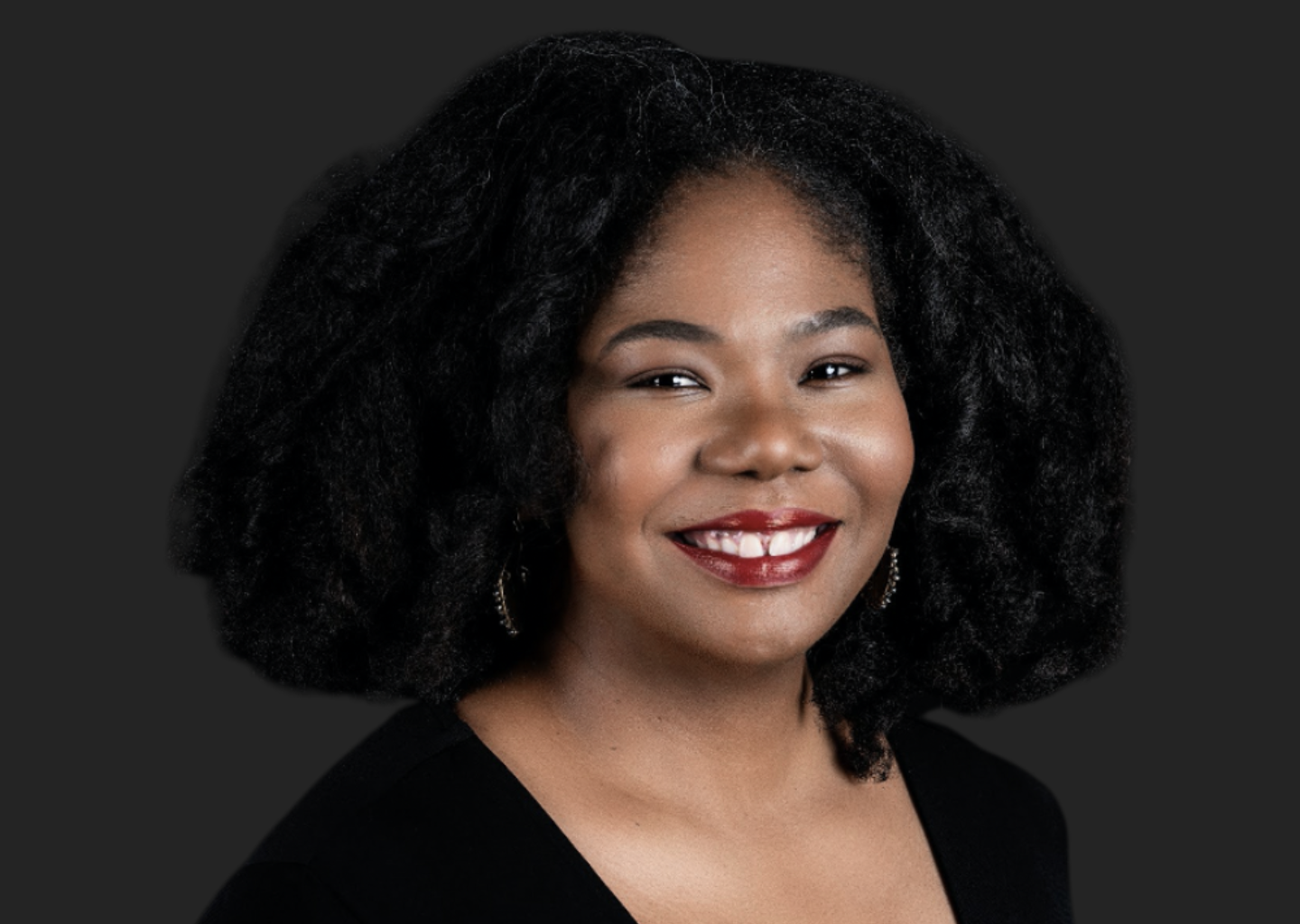For 27 years, Cook Inletkeeper has worked to protect Alaska’s waterways and the life and people that they sustain. According to Brandon Hill, the organization’s Communications Director and a 2017 ReFrame mentee, that work is always an uphill battle.
“Alaska is on the frontlines of our changing climate,” Hill said. Despite that, he explained, “We are also at the frontlines of fossil fuel extraction. Disappearing Arctic ice is even seen by the oil and gas industry as an opportunity for more wells.”
Alaska’s reliance on the oil and gas economy has, according to Hill, created division between those who work in or depend on the industry and those most impacted by it. “The state and the current realities of colonization have divided indigenous people and their cultures over these resources,” he added. “The story we need to tell is more than a need for clean energy, but for an entire shift of the climate change narrative towards racial justice.”
These factors make it all the more important to prioritize strategic communications in their work, Hill said. “We’re so often playing whack-a-mole with a focus on uniting around the bad,” he said. “We need to be strategic — what is the story we’re building and sharing, and who are we sharing it with?”
To that end, Cook Inletkeeper has been lifting up frames and messaging that will resonate with a wider cross-section of Alaska’s residents, all the while driving forward the need to transition their local economy away from the oil and gas industry.
“One of the frames we’re using is around salmon, because it’s such a shared value,” Hill said. “We have a scientist on staff who has clearly documented that local salmon streams are warming. And we know that salmon need cold water to spawn. Our hope is it will move people to say, ‘Oh, this is impacting me, and the living resource that connects us all.’”
They have used this shared resource framing in a recent campaign targeting a regional gas company that was leaking methane from their gas platforms into the Cook Inlet, a waterway with a large concentration of offshore platforms and underwater pipelines. Connecting these violations to salmon conservation and the need for clean water, Hill explained, is an entry point to discussing climate change and the need to transition to renewable energy sources. “We’re trying to think strategically now about the bigger picture instead of only saying, ‘This is wrong, and we need to stand up.’”
The election of Donald Trump and his subsequent shakeup of the Environmental Protection Agency has spurred Cook Inletkeeper to double down on strategic communications and local organizing. “Because we know it’s so important now, I feel especially committed to centering communications in our work,” Hill said.
Alaska already feels the impact of the shift in the EPA. The campaign against Pebble Mine, a proposed copper, gold, and molybdenum mineral deposit in the Bristol Bay, is one example. “We considered it under our thumb,” Hill said, speaking of efforts to prevent the mine from being permitted to operate. Now, the EPA is proposing to withdraw a determination that would have protected Bristol Bay. “ We have done such strong work with a large coalition of native and non-native organizations, and the EPA was on our side. Now we’re in a public comment period against them.”
He continued: “A lot of our progress has revolved around the Clean Water Act and the EPA. It feels like we’ve taken not just two steps, but years and years back.”
But the election of Donald Trump and the renewed attention on the EPA as well as the oil and gas industry has created an opening to strengthen local organizing work. “There’s been a lot of organic movement and people wanting to be engaged with something positive,” Hill said.
And partly in response to the election, Cook Inletkeeper is now working on enacting permanent protections in Alaska.
“Politicians say there is no money for moving native communities on the coastlines eroding from rising seas, and that we must continue to subsidize exploration for more fossil fuels. One of our bigger goals over the next five years is to pressure the state on climate mitigation,” Hill said. “We can frame it in a way that says Alaska can be a climate justice leader for our country and set a precedent for other states to follow.”
According to Hill, the ReFrame Mentorship has given him and Cook Inletkeeper the skill and confidence to create new framing and messaging to move campaigns and long-term vision. “ReFrame has really helped helped me find the toolset to dig into it, versus just having a roundtable every week with our staff,” he said. “That’s been the strongest benefit of the mentorship — guiding us to create the space to center meaningful and strategic communications.”







































.jpeg)


.png)

%20(1).png)




























